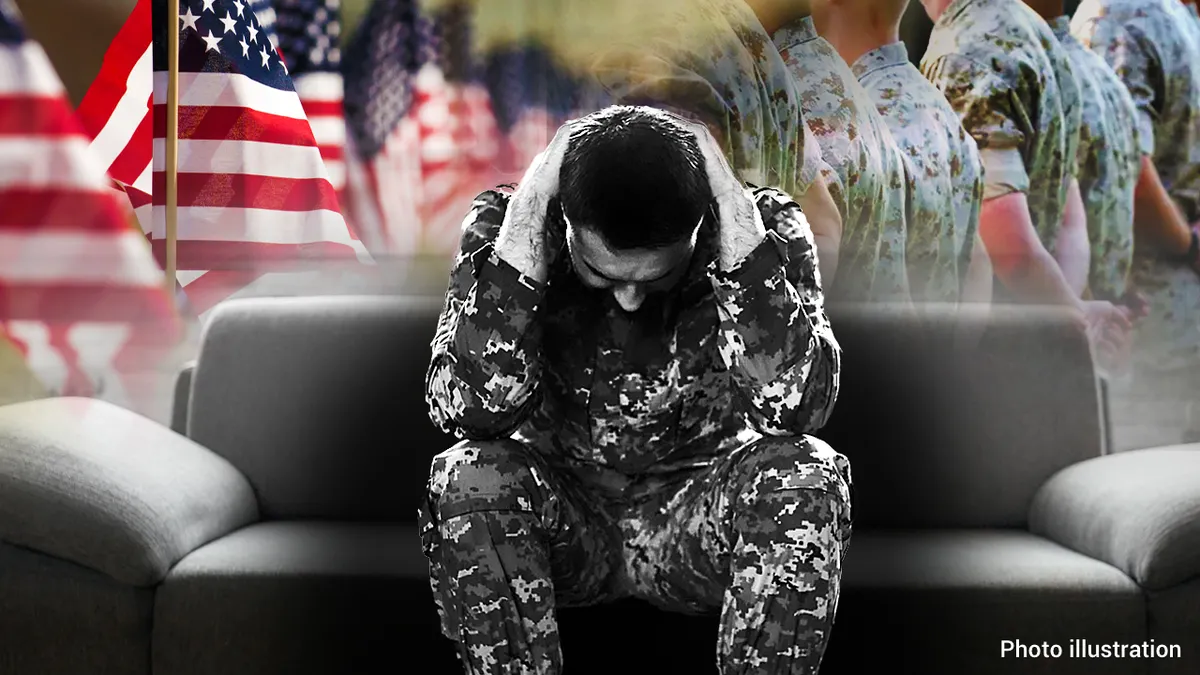December 24, 2024
The Hidden Battles Veterans Face Every Day—and How We Can Help

Veterans have already fought on the front lines for their country, but for many, the battles don’t end when they return home. Hidden beneath the surface are challenges that often go unnoticed—challenges that can make the transition to civilian life daunting. Understanding these struggles and finding ways to support veterans is crucial to honoring their service and ensuring they thrive in the next chapter of their lives.
The Unseen Struggles
While veterans leave the battlefield behind, many face internal and external battles that can hinder their stability:
-
Mental Health Challenges:
Post-Traumatic Stress Disorder (PTSD), depression, and anxiety affect a significant portion of veterans, often making everyday life feel overwhelming. Without proper support, these conditions can spiral into isolation or worse. -
Homelessness and Housing Insecurity:
The U.S. Department of Housing and Urban Development estimates that thousands of veterans experience homelessness every night. Factors such as financial instability, a lack of affordable housing, and limited access to resources exacerbate this crisis. -
Employment Barriers:
While veterans bring unparalleled discipline and skills, many struggle to find meaningful employment. Misaligned civilian job markets, gaps in resumes due to service, and biases can make the job hunt frustrating and disheartening. -
Reintegration Struggles:
Adjusting to civilian life often means losing the camaraderie and structured environment of the military. This transition can feel isolating and leave veterans searching for purpose and connection.
How We Can Help
These hidden battles call for a united community response. Here’s how individuals, organizations, and communities can step up to make a difference:
-
Mental Health Support:
Offering accessible mental health services, counseling, and peer support programs can help veterans navigate their emotional challenges. Encouraging open conversations about mental health also helps reduce stigma, making it easier for veterans to seek help. -
Housing Assistance:
Programs providing short-term relief, such as housing vouchers or temporary accommodations, can stabilize veterans while they work toward long-term solutions. Partnering with landlords and property managers to create affordable housing options can also address systemic barriers. -
Job Readiness Programs:
Organizations can offer veterans job training, resume assistance, and interview preparation to ease their transition into the civilian workforce. Businesses can also prioritize hiring veterans, recognizing their unique talents and leadership qualities. -
Community Engagement:
Communities can rally around veterans by hosting events, creating peer networks, and fostering opportunities for veterans to share their experiences. This sense of belonging can be a lifeline during the adjustment period.
The Power of Collective Action
Helping veterans isn’t just the responsibility of a few—it’s a collective effort that requires collaboration between individuals, businesses, nonprofits, and government agencies. Organizations like Foxtrot Oscar Victor (FOV) are leading the charge, offering essential services such as short-term relief, food vouchers, professional attire, and job readiness resources. These initiatives are lifelines that empower veterans to rebuild their lives with dignity and confidence.
How You Can Make a Difference
You don’t have to be part of a large organization to support veterans in your community. Here are a few simple but impactful ways to help:
- Donate to or volunteer with organizations like FOV.
- Advocate for policies that support veteran housing, mental health, and employment.
- Extend a hand of friendship or mentorship to veterans in your community.
- Raise awareness by sharing veterans’ stories and the organizations helping them.
Standing Together for Our Heroes
The hidden battles veterans face may be invisible, but the solutions are within reach if we work together. By offering understanding, compassion, and tangible support, we can ensure that every veteran feels valued and empowered to overcome the challenges they face.
Let’s commit to being part of the solution. Together, we can create a future where no veteran fights their battles alone.